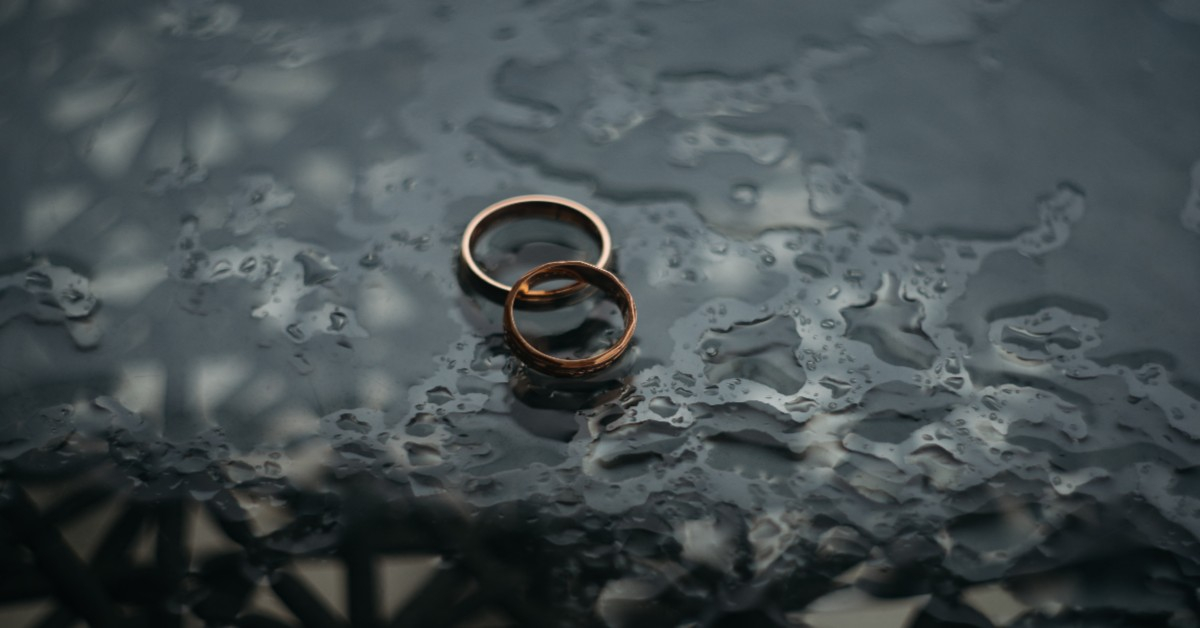In a Catholic marriage, certain parties are bound to the form of marriage in order for the union to be valid. However, understanding who is and isn’t bound to the form of marriage can sometimes be challenging, especially for those outside the Catholic faith. In this week’s Catholic Annulment - Another Chance blog post, we discuss who is bound to the form of marriage.
Catholic Annulment - Another Chance blog is here to help you through every step of your Catholic annulment. Whether you need help collecting documents and evidence, understanding the grounds for nullity, finding suitable witnesses, or anything in between, our team of current and former church judges has the knowledge, skills, and experience necessary to provide you with expert services. Read this week’s blog post to learn more about who is bound to the form of marriage and reach out to Catholic Annulment - Another Chance today to get help with the Catholic annulment process!

